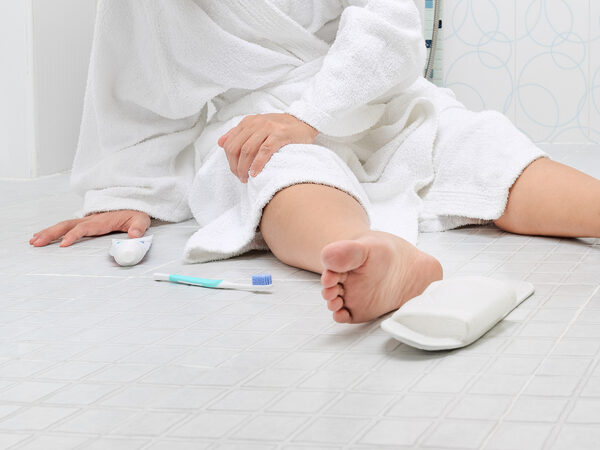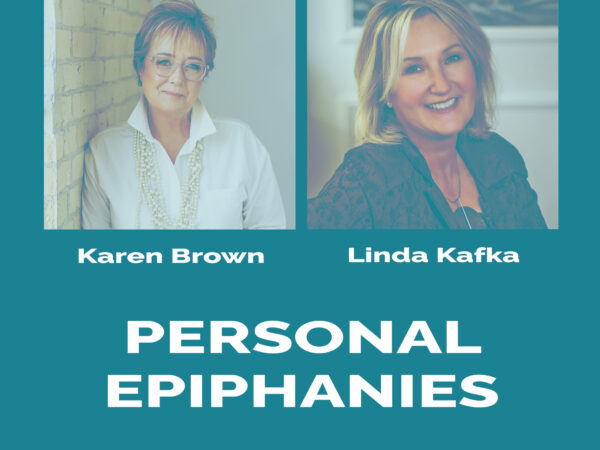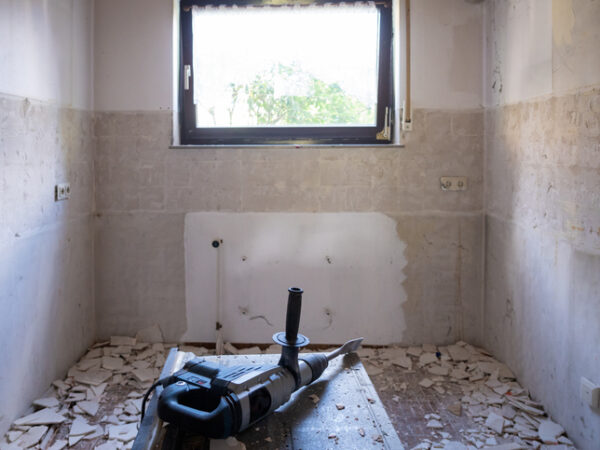At a certain point in life, all of us start looking around at others who look to be within our age group to measure how we’re doing, how we’re looking and how we’re living by comparison. Are we aging well by comparison or do we look and act older or maybe, hopefully, we look and act younger than our peers?
A recent article on the subject of aging well lists seven signs to look for according to geriatricians. Learning new things continuously reflects curiosity about life but more importantly, the act of learning a new exercise, skill or language keep our brains active. Following menopause, women’s brains are reshaped as hormones settle down and can result in processing emotions like anger and frustration differently.
This next sign of aging well is a difficult one for many of us to adopt but Robyn Golden, Associate Vice President of Social Work and Community Health at Rush University Medical Center, notes that understanding our needs and being upfront about them helps us to age well. Are you hiding a struggle with depression or loneliness? Having the strength to discuss these issues with your physician or seeking support within your community is vitally important.
Introverts may find it challenging to call a friend to go for a walk or accept invitations to social outings, but it’s important to push beyond the trepidation and stretch those social muscles. Socializing is linked with a longer life, reduced risk of dementia as well as many other positive impacts. Maintaining your community is the third building block to successful aging.
Number four on the list is paying attention to your physical well-being. Being mindful of what we put into our bodies through our diet and maintaining adequate hydration matters. As the old saying goes, you can’t run a marathon on toast and jam. I may have made that up. Toast and jam are handy, easy and quick and a shockingly frequent meal for many isolated seniors. Many studies have demonstrated that the Mediterranean and MIND diets have profound impacts on the health of both brain and body. Recently there has been much publicity about the impact of diet and lifestyle of those living in Blue Zones. If you haven’t yet watched Living to 100: Secrets of the Blue Zones, I encourage you to do so.
The importance of moving your body is part of paying attention to your physical well-being. It is true that if you don’t use it, you lose it. Our bodies are designed to move and while that looks different for each of us, setting goals around moving and constantly moving the benchmark forward as we are able is vitally important. Maintaining range of motion so that we can turn our heads to see traffic as we drive, reach up into the cupboard for a hat in the cold weather or walk to the mailbox is something that can diminish ever so gradually that it almost goes unnoticed. Until we need it. As winter settles in over many areas of the world, the urge to hibernate brings with it the tendency to sit more and move less. Even if the weather outside discourages you from opening the front door, find a few good exercise routines on YouTube (they’re free!) and make a habit of following them regularly. Pay particular attention to exercises that improve balance such as Yoga and Tai Chi. If you have slacked off over the months you’ll find chair yoga and other exercises on YouTube that can be done seated until you can build up the strength to stand and exercise.
Next on the list is doing things that bring you joy. Spending time with friends or grandchildren, travel or giving back to your community through volunteering are good for the soul. Make sure you don’t find yourself in a situation where you’re bored. Don’t misunderstand – time alone spent taking care of your home, meditating or perhaps reading can be important parts of your routine as long as you make a point of not being solitary all of the time.
Sixth on this list is reviewing your medications regularly with your healthcare team. While prescriptions can be necessary for certain conditions, it’s important to understand that everything you put into your mouth interacts with everything else you put into your mouth. Properly discontinuing prescriptions that are no longer needed is an important step in maintaining health. Emphasis on the word properly. Many pharmaceuticals require a step-down process to properly manage their withdrawal from your system. Far too many people will decide on their own that they no longer want to take a given medication or forget to refill prescriptions. This can have unwanted and, sometimes, harmful consequences and should be managed with your healthcare team.
Many of us think of medication as only that which is prescribed by our physician. Not so. Over-the-counter medications are also actual medications. Think of headache or digestive remedies. Add CBD and teas that you might take to help your sleep to the list as well. Keeping a list of medications is important and reviewing it regularly with your healthcare team is crucial. Members of The Oldish will have access to a fillable Medication Checklist in the Toolkit in our top menu bar. Membership is free but required so that you have a password and nobody else can access your Medication Checklist. If you’d rather not use ours, make your own. What’s important is that you have one and that you review it regularly.
Last on the list, but not least, is planning for the future. Plan for the adventures you will have, plan to spend time with friends and plan to live your life. Planning realistically is essential as well. We will get older so thinking about how we will manage our aging process is an important step that can have us thinking about how we want to live, where we want to live and how we will maintain a comfortable level of independence and safety. Do you want to remain in the home you have? It may need some modifications in order to reduce the opportunities for injury. Our sister website, Reno Studios, has some videos that have lots of ideas for home modifications as well as podcasts with experts in various areas of modifications in all aspects of life. Beyond your home, your future planning might include making sure your life is in order as far as powers of attorney, making sure that your digital legacy – increasingly important – is organized, that your adult children are fully aware of your wishes for everything from how you want to live to funeral arrangements and that loose ends of your life are tidied up. All of these issues are things that we can fret about but checking them off the list can bring peace.






Add Your Voice
0 Comments
Join the Discussion